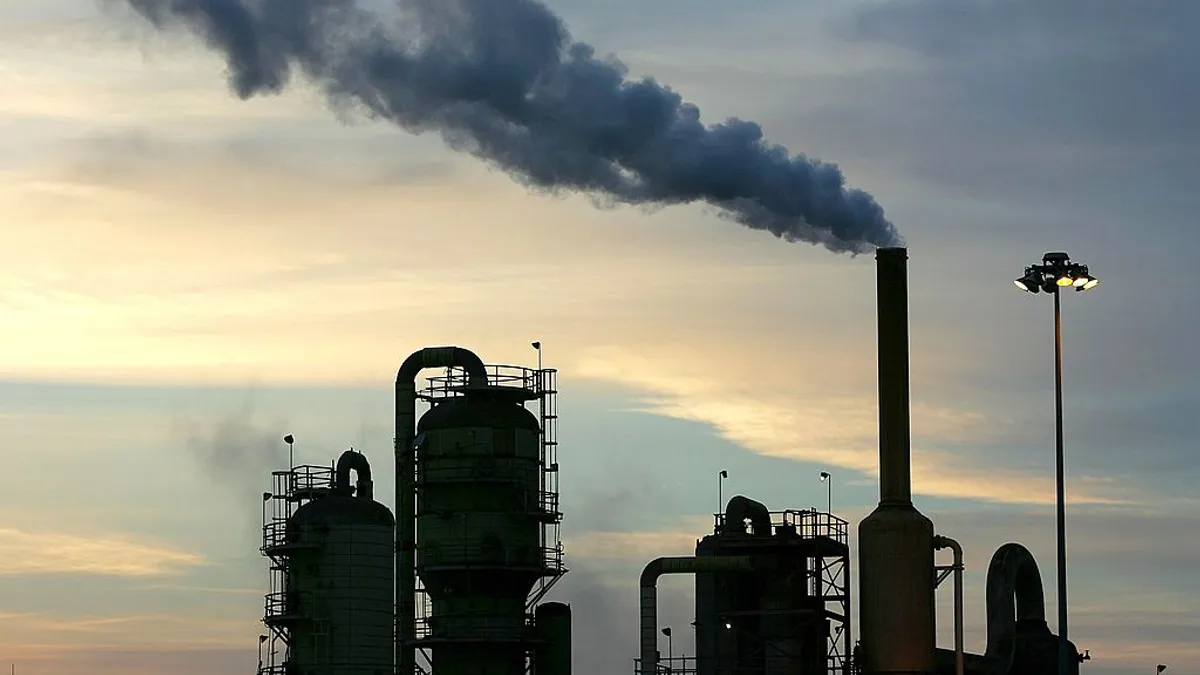Dive Brief:
- Fervo Energy, a company that aims to utilize the Earth’s heat to generate clean electricity, announced last month it secured $255 million in new funding to bolster the development of its geothermal power projects across the U.S.
- The energy company said in a press release the new capital would support its goal of building “the world’s largest enhanced geothermal systems” and deploying that capacity to meet the “skyrocketing demand for clean, firm power.”
- The funding includes $135 million in equity financing, led by Capricorn Investment Group’s Technology Impact Fund II and supported by Bill Gates-backed Breakthrough Energy Ventures, among others. The round also included $120 million in debt financing from Mercuria, a Swiss multinational energy and commodity trading group.
Dive Insight:
Fervo uses a proprietary technology to drill horizontally into geothermal reservoirs, which permits it to access multiple wells from a single location, a process the company says ends up “dramatically lowering [its] surface footprint and reducing drilling risks,” per its website. This process, according to Fervo, also expands access to geologies that are a challenge to reach through other extraction processes, which ultimately increases the amount of geothermal energy resources the company can tap into.
The Houston, Texas-headquartered energy company’s first greenfield development — Cape Station in Beaver County, Utah — was approved to deploy up to 2 GW of power by the Department of the Interior last year. Fervo said in its Dec. 19 release the facility is set to begin generating electricity in 2026.
“The demand for 24/7 carbon-free energy is at an all-time high, and Fervo is one of the only companies building large projects that will come online before the end of the decade,” Fervo CEO and co-founder Tim Latimer said in the release. “Investors recognize that Fervo’s ability to get to scale quickly is vital in an evolving market that is seeing unprecedented energy demand from AI and other sources.”
The equity funding also included investments from the California State Teachers Retirement System, Liberty Mutual Investments and Mercuria, among others.
Electricity generated by using geothermal energy produces only around one-sixth of the carbon dioxide emitted by a natural gas plant and very low amounts — if any — of nitrous oxide or sulfur dioxide, according to the U.S. Department of Energy. The DOE also cites geothermal energy as a “critical part of the national renewable energy mix” due to its high operating capacity and because it can balance out intermittent energy sources of power from wind and solar through its availability throughout the year, regardless of weather.
Last summer, Meta inked an agreement with Sage Geosystems to provide up to 150 MW of geothermal energy to power its data centers. The first phase of that project is expected to go online in 2027.















